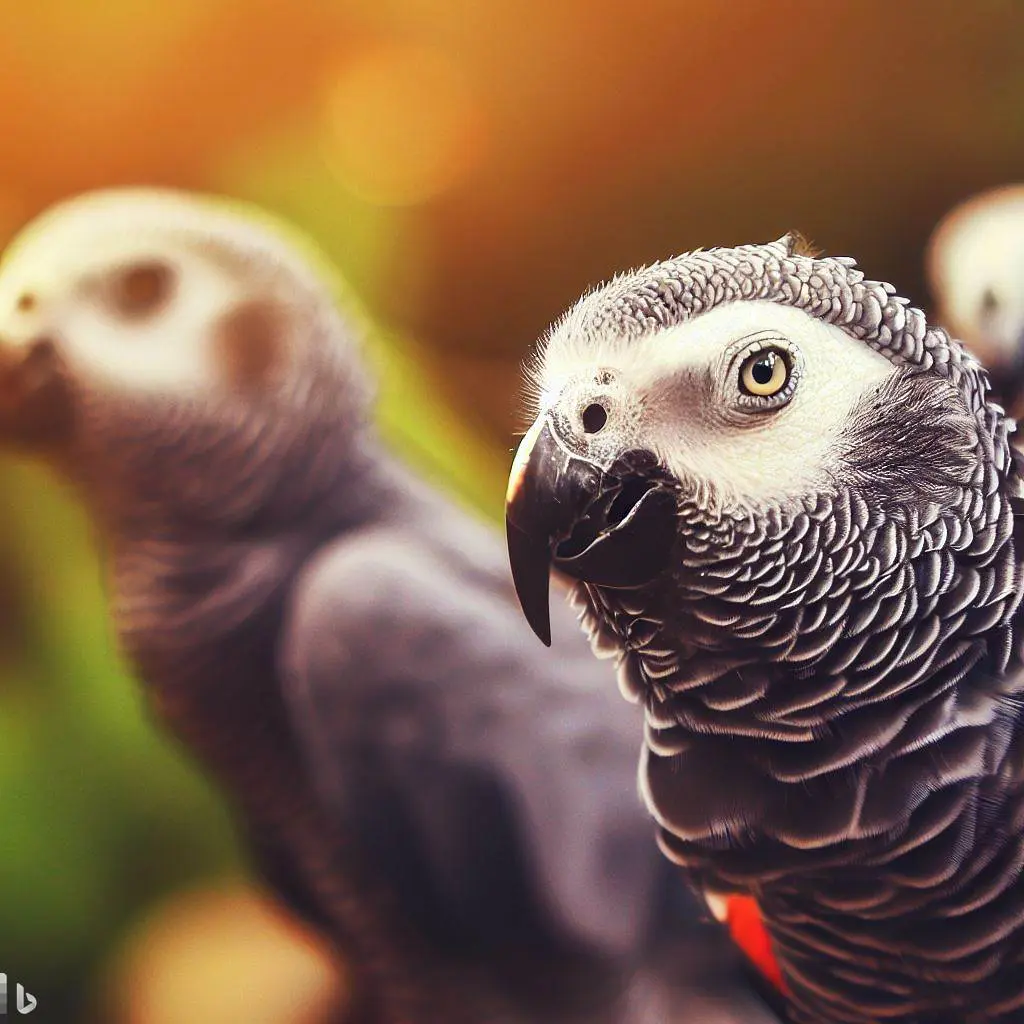- by FPABS-Admin
- 0
- Posted on
Breeding African Greys
 Breeding African Greys can be a very rewarding and learning experience, but it also requires an uncommon dedication. The breeding pairs the babies and your clients deserve an inform commit ethical responsible and knowledgeable breeder.Breeding Greys is not just a matter of buying two birds putting them together and letting nature take its course. Healthy and productive breeding pairs are require. Parents need the proper environment and diet to breed successfully. Chicks must be properly hand fed, wean and socialize in order to develop into good companion birds. More effort is require to assure that the babies go only to good homes, in educating the new owners and in keeping in touch to make sure that all is going well. All of this takes time, knowledge and extraordinary commitment and should not be enter into lightly.
Breeding African Greys can be a very rewarding and learning experience, but it also requires an uncommon dedication. The breeding pairs the babies and your clients deserve an inform commit ethical responsible and knowledgeable breeder.Breeding Greys is not just a matter of buying two birds putting them together and letting nature take its course. Healthy and productive breeding pairs are require. Parents need the proper environment and diet to breed successfully. Chicks must be properly hand fed, wean and socialize in order to develop into good companion birds. More effort is require to assure that the babies go only to good homes, in educating the new owners and in keeping in touch to make sure that all is going well. All of this takes time, knowledge and extraordinary commitment and should not be enter into lightly.
Selecting Birds
One of the most important first steps to successful breeding is a healthy pair of adult birds. Learn and understand the physical signs of healthy birds. Birds that have malformed feathers or pluck their feathers may be seriously ill. Some disease processes can cause plucking. Although plucking itself is unlikely to be inherited, the inability to handle stress as evidenced by plucking may well have a genetic component. Calm birds in good feather are obviously more desirable than terrified feather pluckers.
African Greys
Breeding African Greys other signs of ill health are a fluffed bird, a bird sitting low on the perch, respiratory sounds, tail bobbing, swelling or discharge from the eyes or nares, a pasted vent, feces containing undigested food, and abnormal color of urine, urates or feces. Although some foods can cause discoloration of the urine or the feces, the cause of any and all abnormalities should be investigate. Ideally, one should buy birds from a trusted source that agrees to make the sale conditional on a clean bill of health. Plan to pick up the birds on the way to an appointment with your avian vet. Consider taking a separate carrier for each bird.
Essential Quarantine and Diet Strategies
Breeding African Greys The absolute minimum quarantine period is 30 to 60 days. Unfortunately, in most homes the airflow is share and strict quarantine is impossible. Many breeders don’t have an off-site or outdoors quarantine location. If the birds are a pair, quarantine them together in a large cage. In an area unless you can quarantine them out-of-doors. If one bird of the pair must be medicate as a result of the health examination. Findings, cage the birds separately until the sick bird is medicate as direct and recheck to make sure the health problem has been correct.
